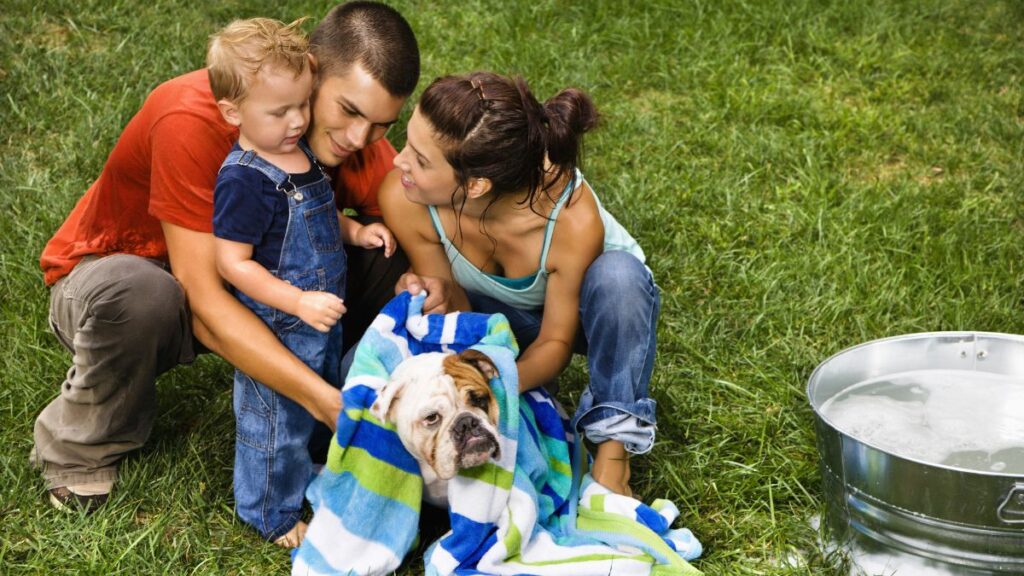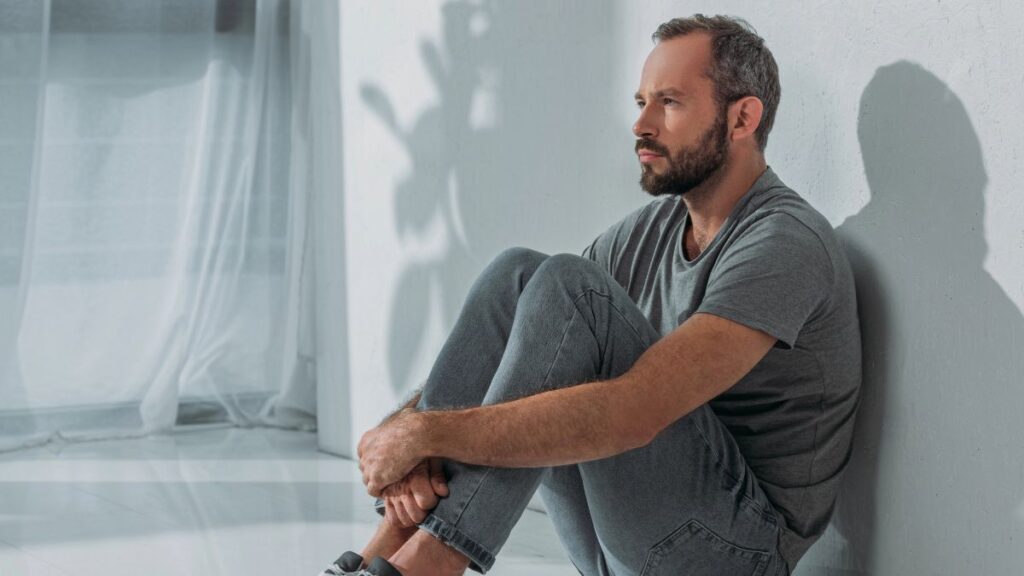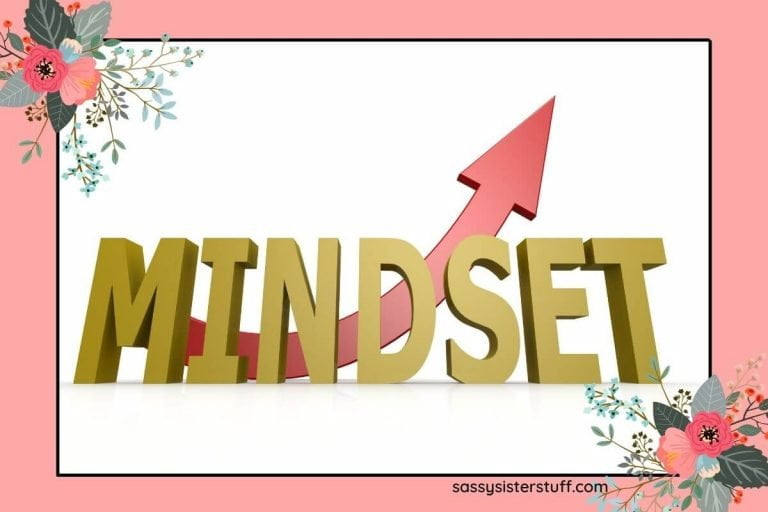15 Reasons Why Making Friends in Your 30s Feels So Hard
Making new friends as an adult isn’t always easy—and hitting your 30s can make it feel even harder. Life changes, busy schedules, and shifting priorities often get in the way of building new connections. While you may still want close friendships, finding the time and the right people to bond with can be tough.
If you’ve ever wondered why making friends in your 30s feels different, you’re not alone. Here are some of the most common reasons people struggle to form new friendships during this stage of life.
Busy Work Schedules

Many people are focused on their careers by their 30s. Long hours, meetings, and job stress leave little energy for socializing. Meeting new people or nurturing friendships is hard when your calendar is full.
Even when you want to connect, work often comes first. This can make building friendships feel like another task instead of something enjoyable.
Family Responsibilities

Many adults in their 30s are raising kids or caring for other family members. Diaper changes, school drop-offs, and bedtime routines can fill the day from morning to night.
Even if you crave adult connection, your energy is often used up at home. It’s not that you don’t want friends—it’s just hard to find time. Family often takes priority, leaving friendship on the back burner.
Friends Are in Different Life Stages

In their 30s, people start taking different paths. Some are married with kids, others are single and traveling, and some are focused on work or school.
These differences can make finding shared experiences or time to hang out hard. You may feel like you don’t “fit” with the people around you anymore, and friendships can fade simply because your lives no longer align.
Social Circles Shrink

Unlike in school or early adulthood, you’re not constantly surrounded by peers. Your daily routine might involve the same people at work or home, limiting chances to meet new friends.
Without those regular social environments, it’s harder to form bonds naturally. Making new friends now takes more effort and intention. The circle gets smaller, even if the need for connection grows.
Everyone Has Less Free Time

Between work, home, errands, and rest, free time becomes rare in your 30s. When people do have spare time, they often use it to relax alone or with close family.
Scheduling hangouts with new friends takes planning and commitment. If timing doesn’t line up, it’s easy to give up on trying. Everyone’s limited availability makes building new friendships more complicated.
Fear of Rejection

Making new friends as an adult can feel like dating—you worry about whether the other person likes you or if you’re coming on too strong. In your 30s, you may feel more self-aware and cautious about putting yourself out there.
Reaching out to someone new takes courage, and fear of rejection can hold you back. It’s easier to avoid the risk than to face potential awkwardness. But without taking that chance, connections don’t get an opportunity to grow.
Old Friendships Take Priority

You might still have a few close friends from earlier in life, even if they live far away. Because those relationships are comfortable and familiar, you may focus your energy on keeping those strong.
This leaves little room for forming new bonds. New friendships require time and effort that you may already be giving to old ones. It’s hard to start fresh when your heart is still tied to people from your past.
It’s Harder to Trust People

By your 30s, you’ve probably experienced friendship breakups, betrayal, or disappointment. That can make you more guarded when meeting new people.
You may take longer to open up or keep your distance to protect yourself. While understandable, this cautiousness can slow down new connections. Trust takes time, and fear of being hurt can delay meaningful friendships.

When you’re younger, bonding over classes, hobbies, or going out is easy. In your 30s, people’s interests shift and their schedules tighten.
You might not have friends who enjoy the same things anymore or can’t find the time to do them together. Without shared experiences, it’s harder to build closeness. Friendships need common ground, and finding it takes more work now.
Social Media Gives a False Sense of Connection

You might scroll through photos or send quick messages, but social media often replaces real interaction. It makes you feel connected, even when you haven’t seen someone in months.
Liking a post isn’t the same as having a deep conversation. Digital communication makes it easy to stay distant while feeling “caught up.” It’s a convenient substitute, but it rarely leads to true friendship.
You’re Picky About Who You Let In

By your 30s, you’ve likely learned what kind of people make you feel good—and who doesn’t. You may be less willing to spend time on surface-level relationships or people who drain your energy.
This makes your standards for friendship higher, which isn’t bad. But it also means fewer people will truly fit what you seek. Finding those rare connections can take longer.
Making Plans Feels Like a Big Deal

In your 30s, spontaneous meetups are rare. Everything has to be scheduled in advance, and even then, plans often get canceled or rescheduled.
That can make hanging out feel like a chore instead of something fun. With so many moving parts, it’s easy for plans to fall through. When getting together feels like work, it can stop friendships from growing.
You’re More Comfortable Being Alone

After years of growing into yourself, you may enjoy your own company. Alone time becomes valuable for recharging and relaxing. While this is healthy, it can also make you less motivated to meet new people.
When you’re content being solo, friendship may not feel urgent. But even introverts need connection—balancing both just takes more effort.
It’s Hard to Be Vulnerable

Real friendships require openness, but being vulnerable gets harder with age. You may feel pressure to appear like you have everything together, even if you don’t.
Sharing your true feelings or struggles takes trust and bravery. Without that, connections stay on the surface. Deep friendships grow when people are willing to be real, even when it’s uncomfortable.
You’re Not Sure Where to Meet People

In your 30s, the usual places to meet friends—like school or college—are long gone. It’s hard to know where to find new connections unless you’re part of a club, church group, or active hobby.
Meeting people as an adult often feels random or forced. You have to actively look for new social spaces, which takes energy and time. Without a natural setting, making friends can feel awkward or intimidating.
Related: 15 Clever Hacks To Reduce That Never-Ending Grocery Bill

Managing grocery expenses can be challenging for many households, especially with rising food costs and fluctuating budgets.
However, with some creativity and resourcefulness, you can implement numerous clever hacks to reduce your never-ending grocery bill without sacrificing the quality or variety of your meals.







